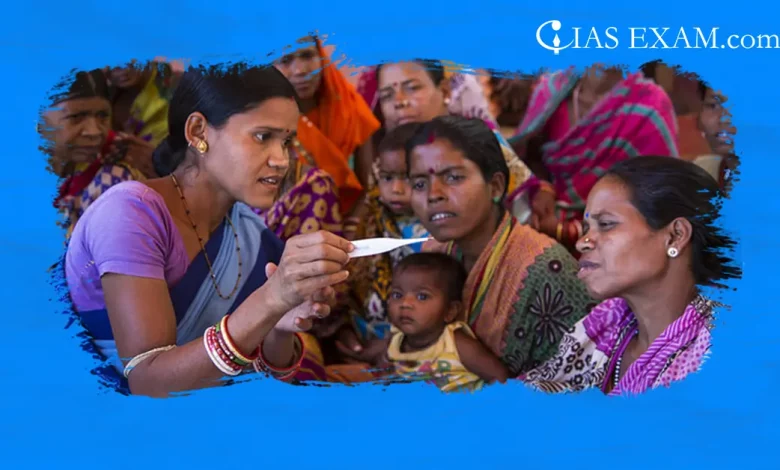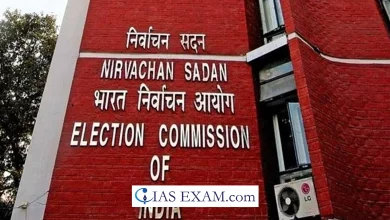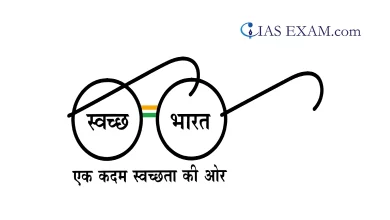Story of ASHAs – Navigating Challenges in Public Health
GS Paper 2 - Governance, Health and Education

Context
Accredited Social Health Activists or ASHAs, have emerged as pivotal figures in India’s public health landscape, embodying the promise of compassionate care and community advocacy.
India’s public health system has several obstacles to overcome, including limited resources and poor facilities. Accredited Social Health Activists (ASHAs) are vital in this environment because they help close the gaps that exist between communities and healthcare facilities. The story of ASHAs shapes the public health scene in India by highlighting their commitment as well as the challenges they face.
About ASHAs
Established in 2002 in Chhattisgarh, ASHAs were envisioned as community health workers, modeled after the ‘Mitanins’, to bridge the gap between the health system and local populations. It was Initiated in 2005-06 as part of the National Rural Health Mission (NRHM); Expanded to urban settings since 2013 via the National Urban Health Mission.
- Responsibilities: Register newborns, pregnant women, and deaths; accompany patients to health centers; distribute medicines; conduct immunization drives; and report health statistics.
- Number: Around 10.4 lakhs employed across India. Highest numbers in populous states like Uttar Pradesh and Bihar.
- Geographical Distribution: One ASHA per 1,000 people in rural areas, adjusted to one per habitation in tribal, hilly, and desert regions.
- Selection Criteria: Female residents aged 25–45, literate, and ideally educated up to Class X.
- Global Recognition: Awarded by the World Health Organization (WHO) in 2013.
Challenges Faced by ASHAs:
- Limited Resources and Infrastructure: ASHAs often operate in resource-constrained environments, facing shortages of essential medicines and diagnostic equipment. In remote regions, inadequate infrastructure further complicates service delivery.
- Inadequate Compensation: Despite their pivotal role, ASHAs often receive meager compensation, primarily performance-based incentives. This financial insecurity undermines their morale and affects retention rates.
- Social Stigma and Gender Dynamics: ASHAs encounter social stigma associated with their profession, particularly in conservative societies where women’s mobility is restricted. Gender biases and societal norms sometimes hinder their effectiveness in delivering healthcare services.
- Workload and Burnout: ASHAs are burdened with heavy workloads, often managing diverse health issues within their communities. This relentless demand leads to burnout and compromises the quality of care they provide.
- Lack of Recognition and Support: Despite their indispensable contributions, ASHAs frequently lack recognition and adequate support from the healthcare system. This undermines their sense of belonging and efficacy.
Advocacy and Policy Recommendations
- Recognition and Fair Compensation – Advocate for institutional recognition, equitable compensation, and better working conditions for ASHAs in order to transform them into government workers eligible for maternity leave and social security benefits.
- Capacity Building – Support initiatives aimed at enhancing ASHA skills, knowledge, and confidence through targeted training and skill development programs.
- Community Involvement: Promote more support, trust, and cooperation among local communities by helping them to acknowledge and value the contributions made by ASHAs.
- Safety Measures: To reduce the likelihood of harassment, aggression, and assault, improve safety procedures and support networks for ASHAs, particularly those operating in isolated or conflict-affected regions.
- Address Systemic Barriers: Promote equitable opportunity and resource access while addressing the gender and caste-based injustices that ASHAs face.
- Financial Security: Ensure timely payments and reduce out-of-pocket expenses for ASHAs, mitigating financial strain and perpetual cycles of poverty.
Conclusion
The story of ASHAs underscores the intricate interplay between public health initiatives and community engagement in India. Despite facing formidable challenges, ASHAs remain resilient in their commitment to improving health outcomes at the grassroots level. Addressing their concerns and bolstering their capacities are paramount in realizing the vision of accessible and equitable healthcare for all Indians. As India progresses on its public health journey, nurturing and supporting ASHAs will continue to be integral to achieving comprehensive healthcare coverage and addressing the diverse health needs of its populace.
SOURCE: The Hindu





.png)



